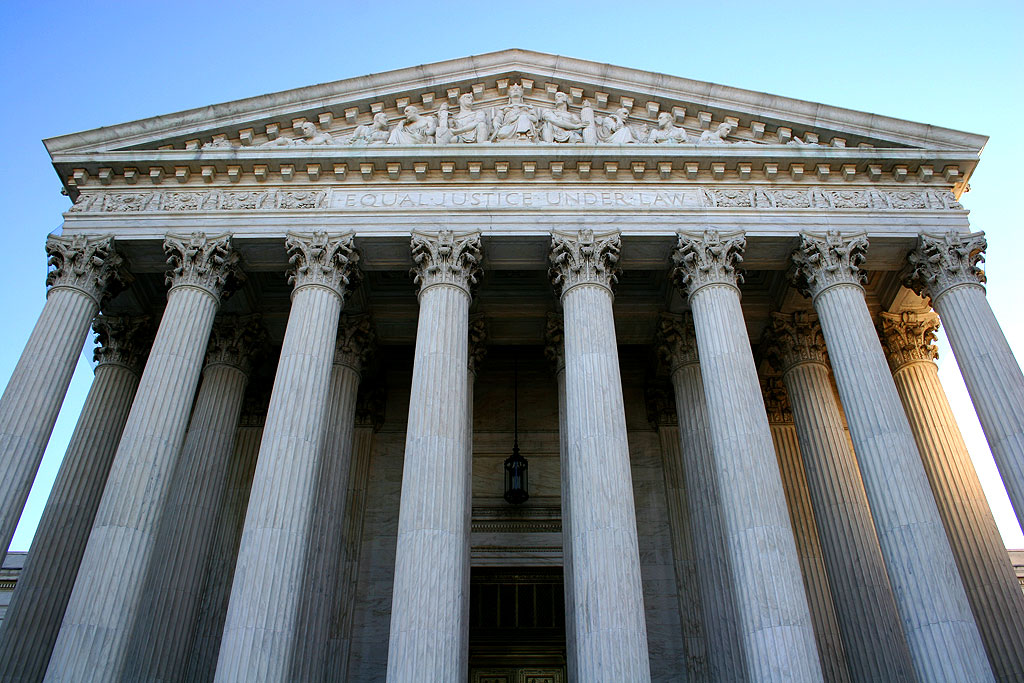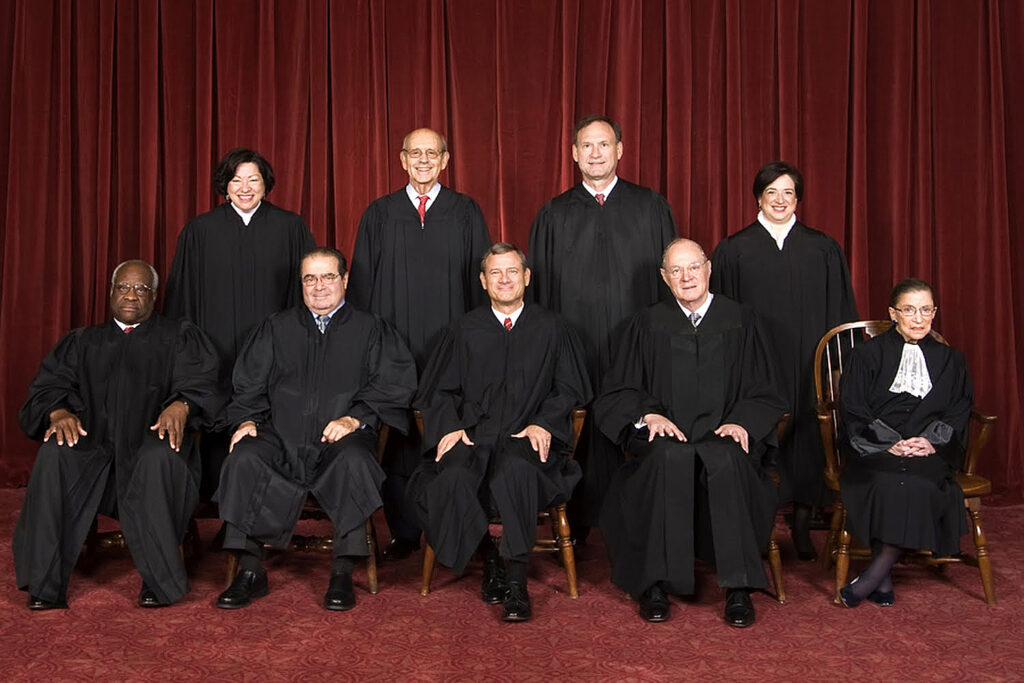
With the recent death of its senior justice, Antonin Scalia, and the political firestorm engulfing President Obama’s nominee, Merrick Garland, the Supreme Court of the United States has dominated the American public’s attention in the midst of an already chaotic political season. Often construed as an institution with a solely domestic purview, the court has occasionally traversed the territory of foreign policy and international law. Some justices like Scalia himself found this broader scope repugnant to the court’s rightful role. Others on the court have advocated considering both what effect US jurisprudence has in the world and what foreign and international laws can offer the US. With Scalia off the bench, the new ninth justice — whether it be Garland or not — has the potential to steer the court on a previously uncharted course.
Scalia, and his ideological allies that survive him on the court, subscribed to a judicial philosophy that looks to the original meaning of the Constitution rather than evolving international legal standards. They believe that the Constitution’s meaning is fixed to how it was understood at the time of ratification, and creating a new meaning to comport with changing standards usurps the democratic process. So explicit was this conviction that Scalia wrote in a 2005 dissent, “The basic premise of the court’s argument, that American law should conform to the laws of the rest of the world, ought to be rejected out of hand.” Scalia and the two justices that joined his dissent and still sit on the court today (Clarence Thomas and John Roberts) sarcastically concluded that the Supreme Court’s jurisprudence should not join the international community “unless the Court has added to its arsenal the power to join and ratify treaties on behalf of the United States.”
The opponents to this philosophy, perhaps best represented in Justice Stephen Breyer’s book The Court and the World: American Law and New Global Realities, believe the court should look abroad in its deliberation over domestic and foreign policy matters. History abounds with examples of cases with foreign significance and influence: The 1825 Antelope case considered the legitimacy of the international slave trade and resulted in the repatriation of slaves to Liberia; the 1863 Prize Cases settled the fate of foreign ships captured as part of the Union’s blockade of the Confederacy’s southern ports; the notorious 1944 Korematsu case deferred broad war powers to the executive branch by upholding Japanese internment; and four post-9/11 cases against Secretary of Defense Donald Rumsfeld limited the executive’s power to detain foreign terror suspects and enemy combatants in the War on Terror.

Justice Breyer posits that the role of the court necessitates a constant understanding of and deference to international norms and laws. In his book, he opines, “Our world is increasingly interdependent, and questions about the overseas application of American law, the meaning and enforceability of treaties and international rule makings, and how our constitution should apply in the modern age, cannot be avoided.” And the areas of law requiring international consideration are not merely limited to national security, such as in the four post-9/11 cases mentioned (on which Breyer ruled), but also to areas of humanitarianism, trade and commerce.
On humanitarianism, Justice Anthony Kennedy authored the opinion in Roper v. Simmons that proscribed capital punishment for juveniles, writing, “The opinion of the world community, while not controlling our outcome, does provide respected and significant confirmation for our own conclusions.” On commerce, Justice Breyer authored the opinion in Kirtsaeng v. John Wiley & Sons, Inc., which involved a Thai student studying in the US who bought inexpensive textbooks in Thailand and sold them in the US, where the prices were higher.
The court, ultimately ruling in favor of the student, had to determine how US copyright law applied across borders, and Breyer later reflected that these determinations will affect some $3 trillion in commerce annually given the volume of trade, investment and American products made and sold abroad.
As time strides onward, the Supreme Court justices’ hair grows greyer and some pass away, leaving the court susceptible to transformational pivots in philosophy. This very term, the court will decide cases involving a lawsuit against an Austrian railroad for injuries sustained by an American citizen and the obligations of sex offenders who move to foreign countries. About these cases, the late Justice Scalia would ardently argue, “Foreign laws can never, never be relevant to the meaning of the US Constitution.” Justice Breyer, conversely, suggests that amid international interconnectedness, “The world will follow someone’s example if not ours. Failing to lend our voice, we may find ourselves not so well served by, or happy with, the results.” The next justice could prove to be the fulcrum for either side.
The views expressed by the author do not necessarily reflect those of the Glimpse from the Globe staff, editors or governors.






